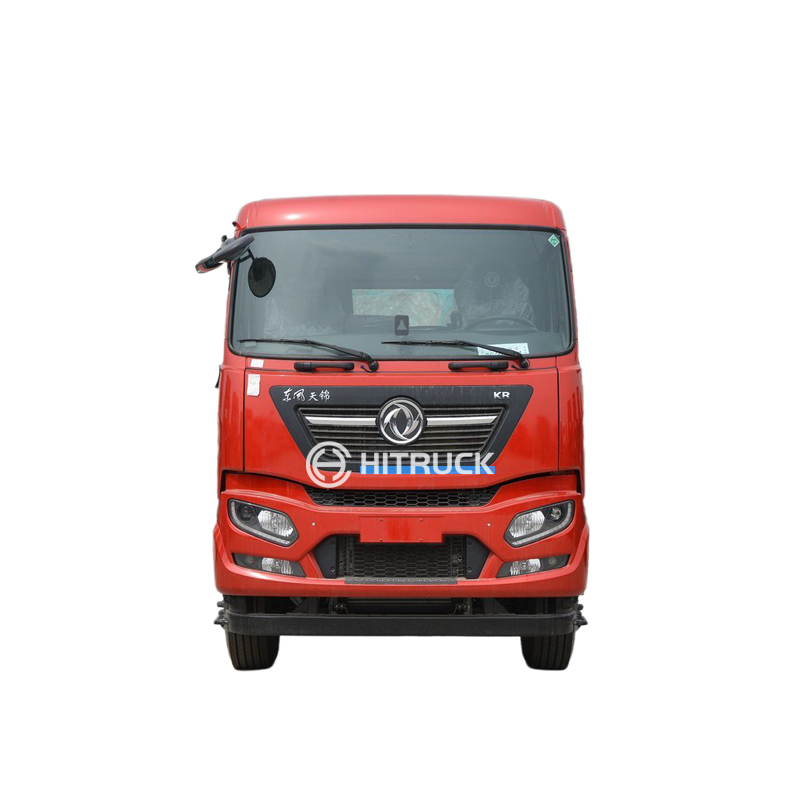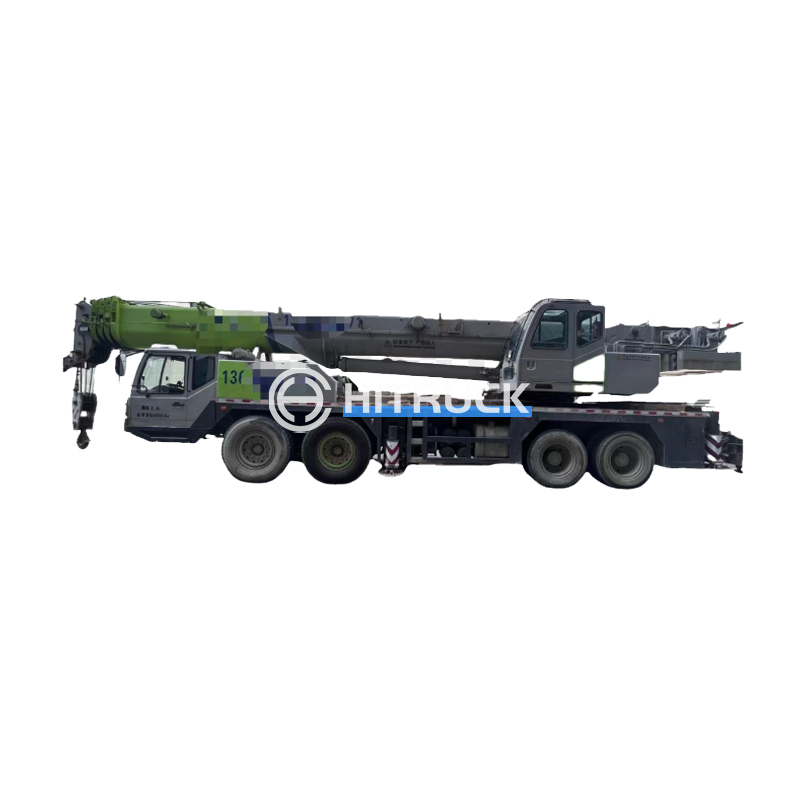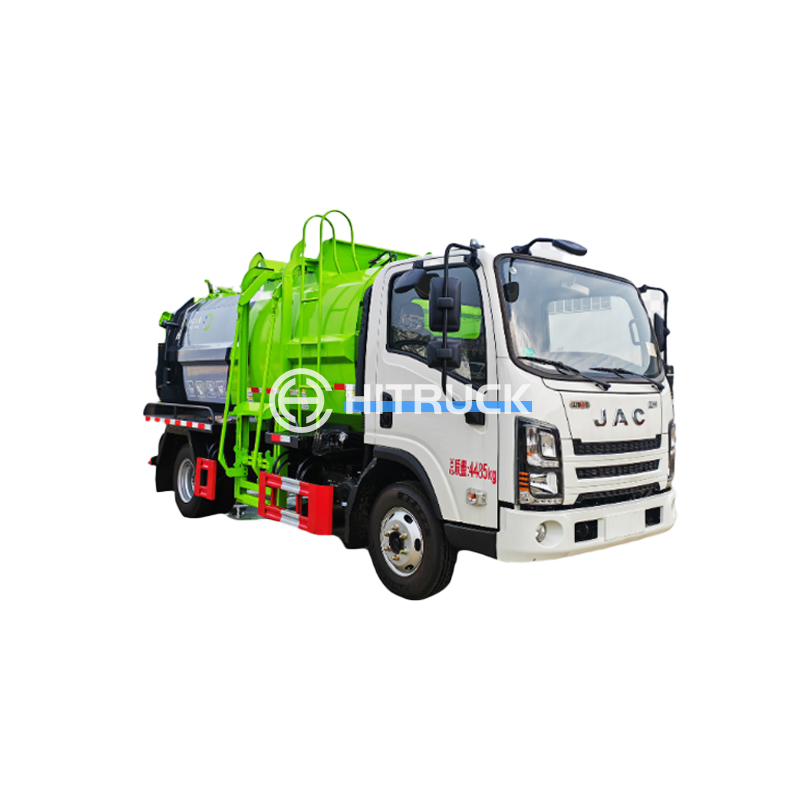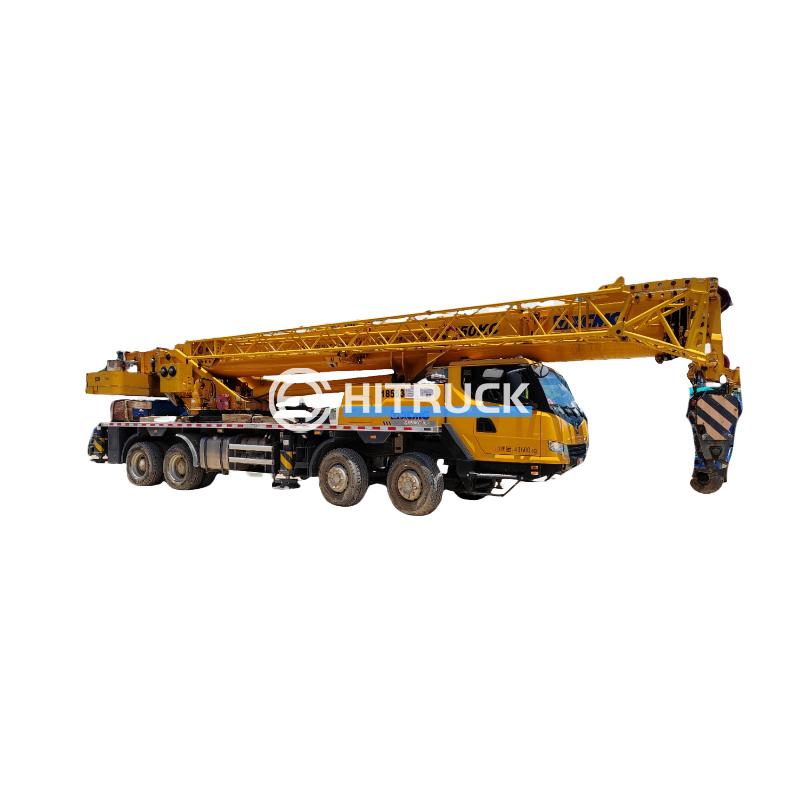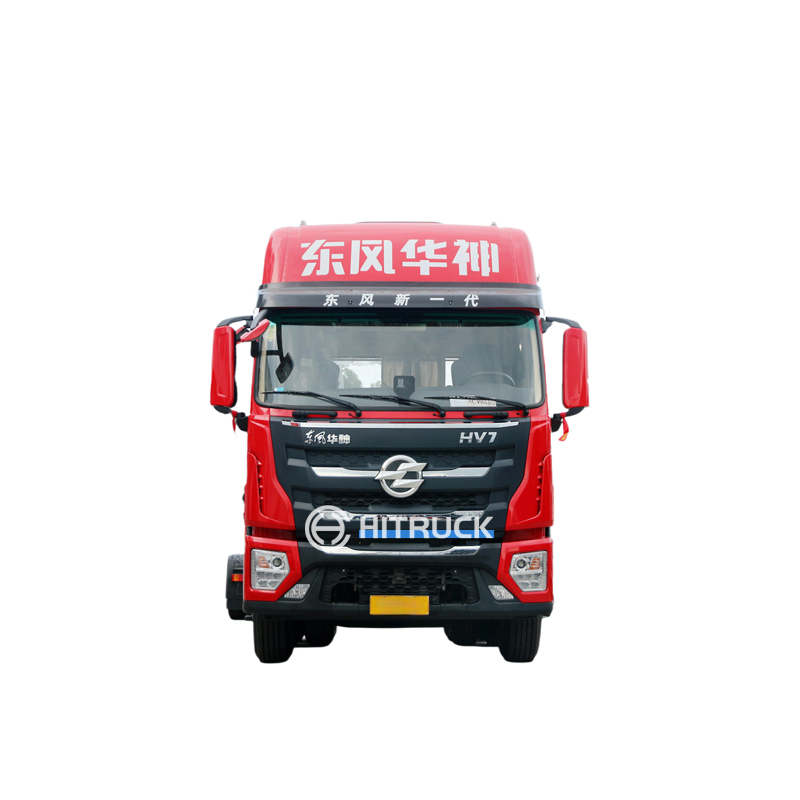This guide helps you understand the features, applications, and considerations involved in selecting a heavy duty pump truck. We'll cover various types, capacity, safety features, and maintenance tips to ensure you choose the perfect truck for your specific material handling requirements. Learn how to optimize your workflow and improve efficiency with the right equipment.
Heavy duty pump trucks, also known as pallet trucks or hand pump trucks, are essential tools in warehouses, distribution centers, and various industrial settings. They are used for efficiently moving heavy pallets and loads over short distances. Choosing the right one depends on several factors, including the weight of your loads, the type of flooring, and the frequency of use. Different types exist to meet specific needs. For instance, some models are designed for specific types of pallets, while others prioritize maneuverability in tight spaces. Suizhou Haicang Automobile sales Co., LTD, offers a wide selection of high-quality trucks. You can check their inventory and find the best fit for your operation at https://www.hitruckmall.com/.
These are the most common type of heavy duty pump truck. They are versatile and suitable for a wide range of applications, handling various pallet types and weights. Key features often include robust construction, high-pressure hydraulic pumps for smooth operation, and ergonomic handles for comfortable use. Look for models with features like load wheels for easier maneuvering on uneven surfaces.
Designed for applications where low lifting height is crucial, low-profile heavy duty pump trucks are ideal for accessing goods stored on lower shelves or in confined areas. Their reduced overall height allows for easier maneuvering in tight spaces.
For applications involving exceptionally heavy loads, extra heavy duty pump trucks are engineered for high capacity and durability. They often feature reinforced frames and upgraded hydraulic systems to handle the increased stress. Consider these if you regularly move pallets exceeding 6,000 lbs. Always check the manufacturer's specifications to ensure the truck's capacity aligns with your needs.
The most critical factor is the heavy duty pump truck's load capacity. Always choose a truck with a capacity exceeding the heaviest load you anticipate moving. Overloading can lead to damage and safety hazards. Manufacturer's specifications will clearly state the maximum load capacity.
Wheel type significantly impacts maneuverability. Consider the type of flooring in your facility. Polyurethane wheels offer excellent durability and reduce floor damage, while nylon wheels are a more cost-effective option. Steel wheels are best for rough outdoor terrain, but can damage smoother surfaces.
The hydraulic system is the heart of the heavy duty pump truck. A reliable, smooth-operating pump ensures efficient and comfortable lifting. Look for pumps that are known for their longevity and performance. Regular maintenance of the hydraulic system, including fluid checks and replacements as recommended by the manufacturer, is crucial to extend the life of your pump truck.
Prioritize safety features such as load brakes, emergency release levers, and ergonomic handles. These features help prevent accidents and injuries. Many high-quality models incorporate these as standard features.
Regular maintenance is crucial for the longevity and safety of your heavy duty pump truck. This includes regular inspections of the hydraulic system, wheels, and overall structure. Refer to the manufacturer's instructions for detailed maintenance procedures. Prompt attention to any issues can prevent major problems from developing.
Selecting the right heavy duty pump truck is crucial for efficient material handling and workplace safety. By carefully considering the factors outlined above and choosing a reputable supplier like Suizhou Haicang Automobile sales Co., LTD (https://www.hitruckmall.com/), you can ensure you invest in a durable and reliable tool that meets your specific needs. Remember to prioritize safety and perform regular maintenance.

